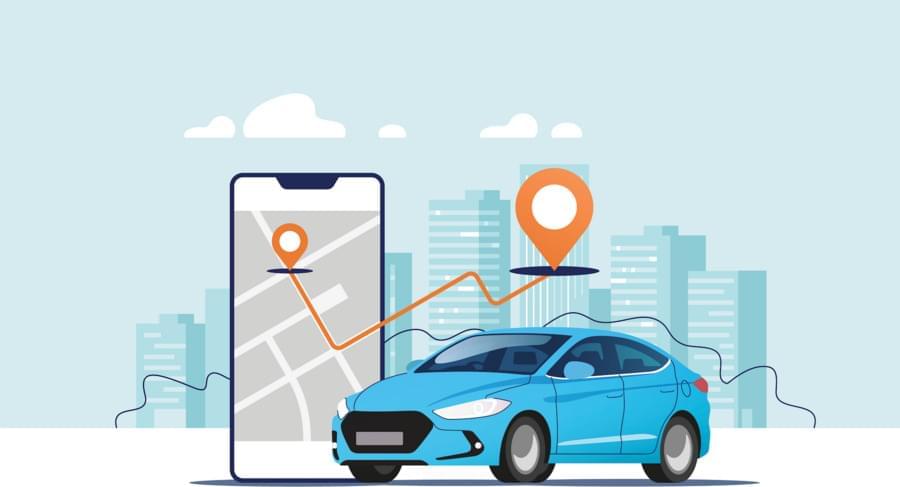Strategy accelerates the best algorithmic solvers for large sets of cities.
Waiting for a holiday package to be delivered? There’s a tricky math problem that needs to be solved before the delivery truck pulls up to your door, and MIT researchers have a strategy that could speed up the solution.
The approach applies to vehicle routing problems such as last-mile delivery, where the goal is to deliver goods from a central depot to multiple cities while keeping travel costs down. While there are algorithms designed to solve this problem for a few hundred cities, these solutions become too slow when applied to a larger set of cities.
The solver algorithms work by breaking up the problem of delivery into smaller subproblems to solve — say, 200 subproblems for routing vehicles between 2,000 cities. Wu and her colleagues augment this process with a new machine-learning algorithm that identifies the most useful subproblems to solve, instead of solving all the subproblems, to increase the quality of the solution while using orders of magnitude less compute.
Their approach, which they call “learning-to-delegate,” can be used across a variety of solvers and a variety of similar problems, including scheduling and pathfinding for warehouse robots, the researchers say.
Full Story:
